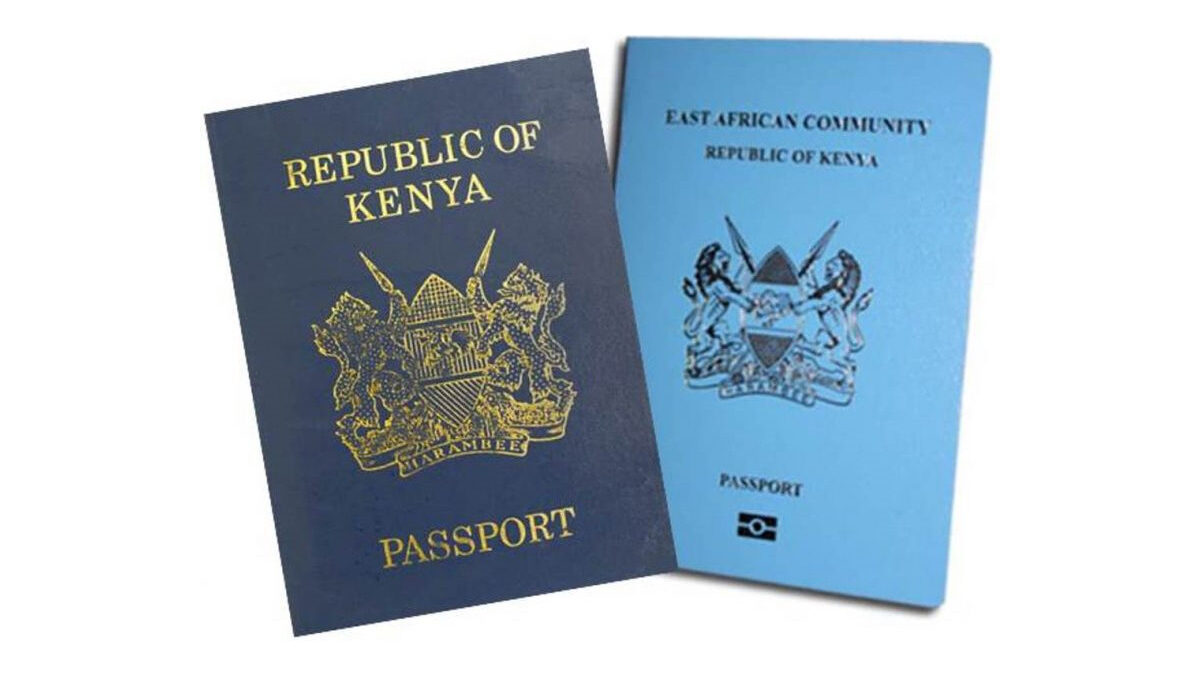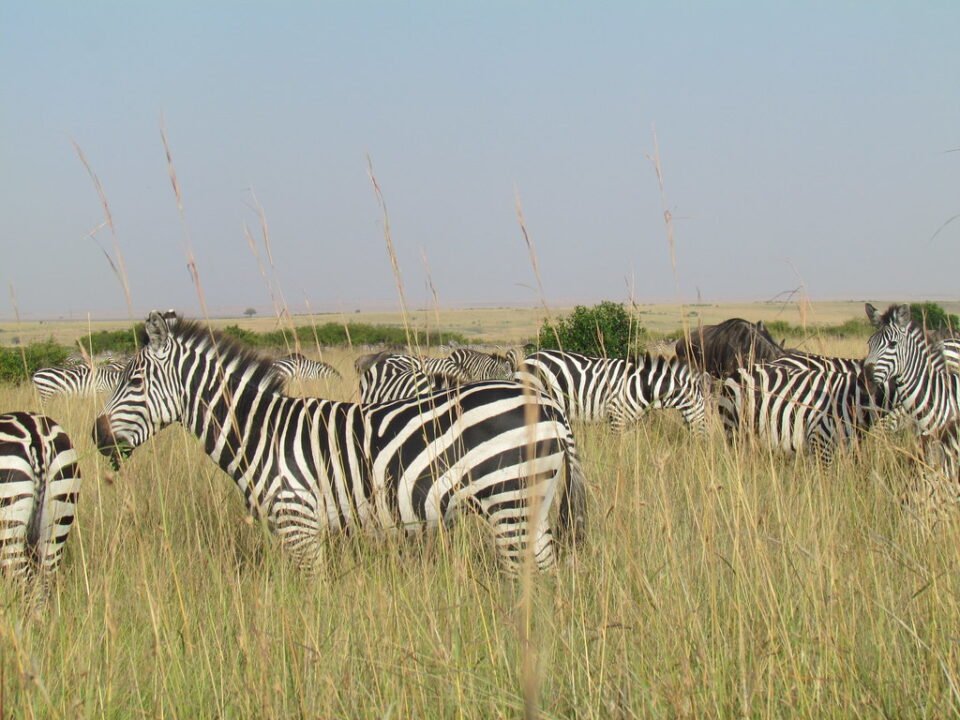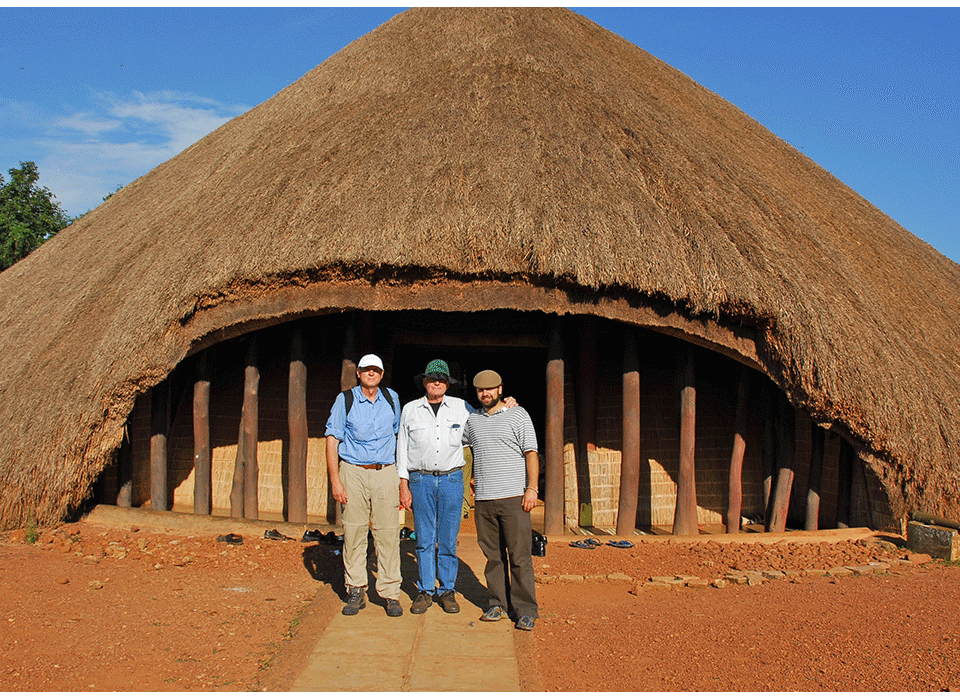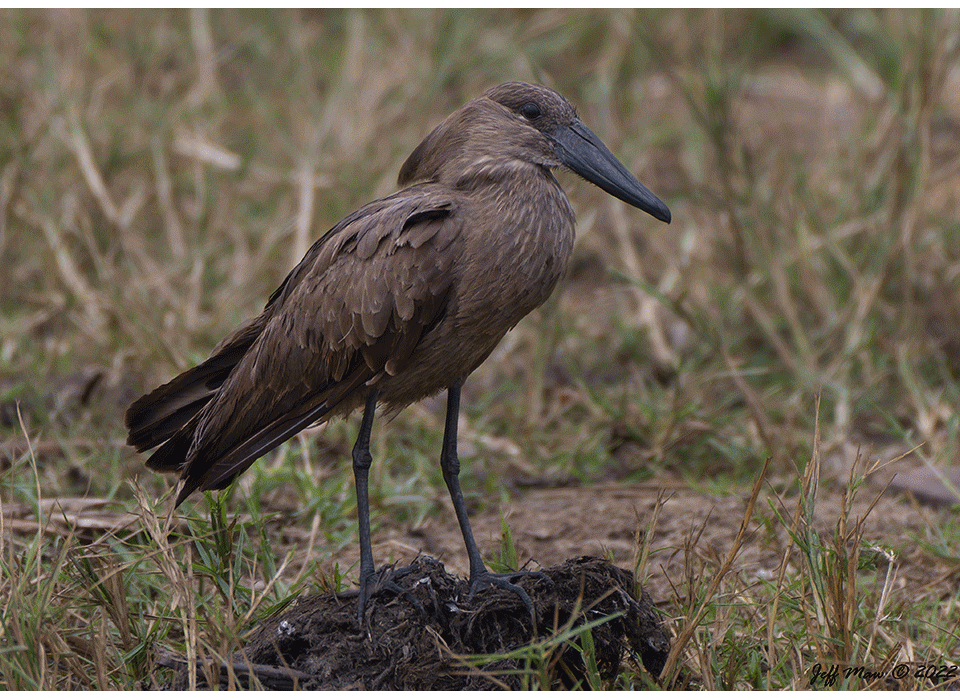
Can I use Uber in Nairobi?
November 20, 2025
What’s the best travel insurance for safaris?
November 20, 2025What Are Kenya’s Travel Restrictions?
Planning a trip to Kenya is an exciting step toward beautiful beaches, unforgettable safaris, vibrant cities, and warm hospitality. To ensure a smooth entry and travel experience, it is important to understand Kenya’s current travel restrictions, entry requirements, health guidelines, customs regulations, and regional considerations. This comprehensive guide explains everything you need to know before visiting Kenya, giving you clear expectations and confidence as you prepare for your journey.
Kenya is one of Africa’s top travel destinations and continues to make entry easier for tourists through digitized systems, simplified health protocols, and improved airport processes. With the right information, your arrival becomes effortless and enjoyable.
Visa and Entry Requirements
Kenya requires most international travelers to obtain authorization before entering the country. Traditionally this was done through visas, but Kenya is now shifting toward a modern Electronic Travel Authorization (eTA) system. All travelers should apply online before arrival.
Although Kenya has moved toward a more open policy, you must still complete the eTA application, upload necessary documents, and receive approval before travel. It is recommended to apply a few days before departure to avoid last-minute issues.
Your passport must:
Be valid for at least six months beyond your arrival date
Have at least two blank pages
Match the details used in your eTA application
Some nationalities may be visa-exempt or enjoy simplified entry rules depending on bilateral agreements. It is always wise to verify your country-specific requirements before departure.
Vaccination and Health Requirements
Understanding Kenya’s health guidelines is essential for visitors. Although many rules have been relaxed in recent times, some health precautions still apply.
Yellow Fever Rules
Depending on your travel history, you may need a valid Yellow Fever vaccination certificate. This requirement usually applies if you are arriving from, or have transited through, a Yellow Fever–risk country. Travelers coming from non-risk countries are often not required to show the certificate, but you should still keep it handy, especially if your journey involves multiple African destinations.
Recommended Vaccines
While not mandatory, several vaccinations are strongly recommended for your safety:
Tetanus
Hepatitis A
Typhoid
Hepatitis B
Rabies (for long-stay or wildlife-focused travelers)
MMR booster if needed
Malaria Precautions
Many parts of Kenya—particularly coastal regions and major safari destinations—are malaria zones. This means you may need to take malaria prophylaxis and use mosquito protection such as repellent and nets. Nairobi and some highland areas have lower risk, but precautions remain advisable.
COVID-19 Guidelines
Kenya no longer requires travelers to present COVID-19 vaccination cards or negative tests in most circumstances. However, visitors showing flu-like symptoms upon arrival may be tested or further screened. Always stay updated before your travel date, as health guidelines can evolve.
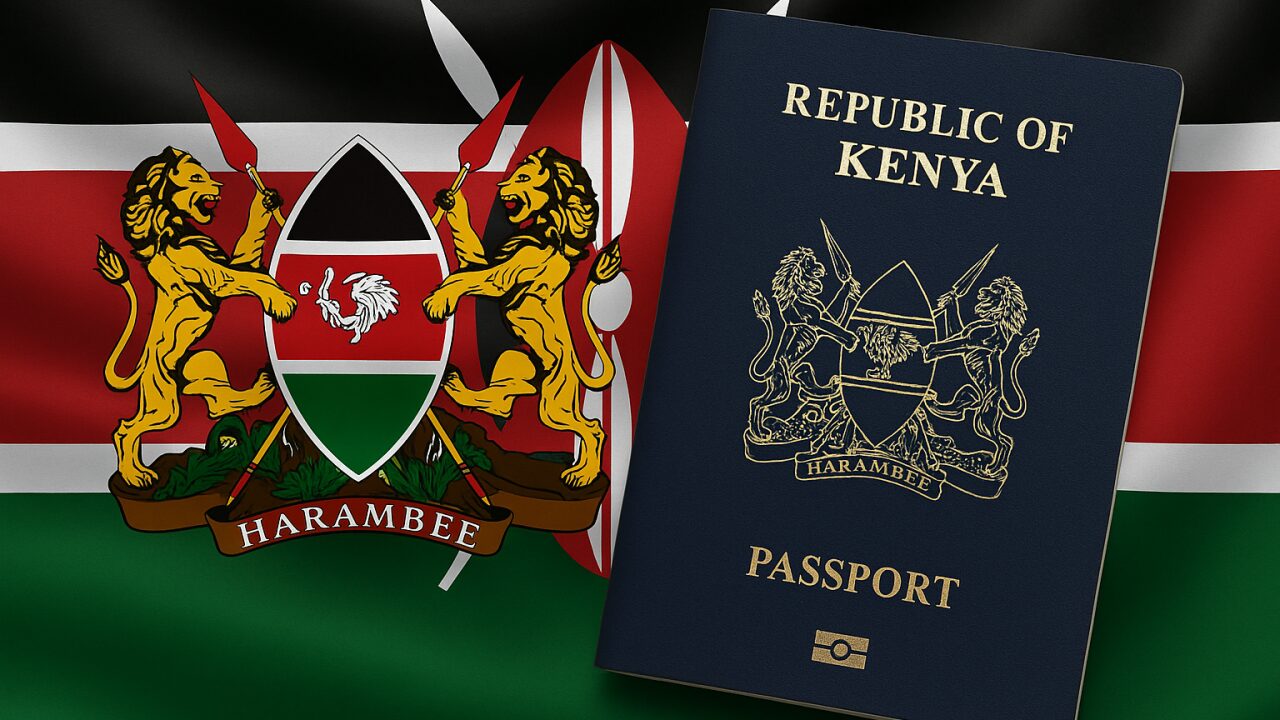 Customs Regulations
Customs Regulations
Kenya enforces customs rules to protect its environment, economy, and security. Items that may require caution or declaration include:
Large amounts of currency
Drones (require approval before entry)
Prescription medications (carry them in labeled containers)
Wildlife products, plants, or natural materials
Professional photography or filming equipment
Travelers should avoid bringing items that violate conservation laws, including ivory, corals, or animal trophies. Always purchase souvenirs from legitimate vendors.
Security and Regional Travel Restrictions
Kenya is generally safe for tourism, but some regions have higher security risks than others. Tourists are encouraged to stay within established travel corridors such as Nairobi, the Rift Valley, central highlands, coastal regions, and major national parks.
Areas near the Somalia border, some northern towns, and extremely remote regions occasionally experience instability and are not recommended for independent travel. When planning trips to isolated conservancies or off-grid destinations, it is best to travel with a licensed tour operator who understands local dynamics.
Urban areas such as Nairobi and Mombasa require standard city safety practices: stay alert, avoid displaying valuables, use reputable transportation, and avoid walking alone late at night.
Domestic Travel Restrictions and Park Rules
Movement within Kenya is generally unrestricted for tourists. However, certain conservancies and national parks enforce:
Park entry fees
Vehicle rules
Designated driving tracks
Gate opening and closing times
Some remote conservancies may require 4×4 vehicles, advance booking, or guided entry. Coastal islands such as Lamu have informal boat movement schedules, requiring coordination.
Transportation and Driving Considerations
Kenya’s infrastructure has improved significantly, but some roads—especially in rural areas or during rainy seasons—can be rough.
Travelers should consider:
Using registered taxi services or ride-hailing apps in cities
Avoiding driving long distances at night
Booking experienced safari drivers for wildlife destinations
Checking weather conditions during rainy seasons
Domestic flights and the SGR train provide safe, reliable options for inter-city travel, especially between Nairobi and Mombasa.
Travel Documentation You Should Have
To pass through immigration easily, ensure you carry:
Your passport
A printed or digital copy of your eTA or visa
Return or onward ticket
Travel insurance documents
Yellow Fever card (if applicable)
Hotel or lodge reservations
Having these documents organized will expedite arrival procedures and demonstrate preparedness if authorities request verification.
Who Needs Travel Insurance?
Every traveler. Kenya strongly encourages visitors to have medical, evacuation, and travel-interruption insurance. Safari destinations are remote, and medical evacuations can be costly without proper insurance coverage.
What Has Recently Changed?
In recent years, Kenya has:
Shifted from paper visas to a digital eTA
Relaxed COVID-19 entry requirements
Improved immigration processing times
Enhanced safety at major airports
Strengthened digital tourism systems
These changes reflect Kenya’s commitment to modernizing travel and welcoming tourists with greater convenience.
Preparing for Your Trip
Before traveling, ensure:
Your passport and eTA are approved
You understand health recommendations for your itinerary
You have travel insurance
You book reliable transport and accommodations
You know which regions to avoid
You pack only allowed items
Proper preparation eliminates stress upon arrival and helps you begin your Kenyan adventure smoothly.
Kenya Welcomes Travelers Warmly
Kenya remains one of Africa’s most iconic destinations thanks to its stunning landscapes, wildlife, culture, and hospitality. Although certain travel restrictions exist—like eTA procedures, vaccination rules, customs regulations, and regional safety advisories—these are straightforward with proper planning. Once you understand the requirements, your travel experience becomes easy, enjoyable, and fulfilling.
A trusted tour operator can simplify everything from entry procedures to local logistics. Experiya Tour Company specializes in organizing clear, seamless, and secure travel experiences across Kenya. Their team handles transport, accommodation, entry rules, safari planning, and all the fine details, allowing you to focus on creating unforgettable moments.
For a smooth, well-planned, and truly memorable trip to Kenya, booking your travels with Experiya Tour Company is highly recommended.

